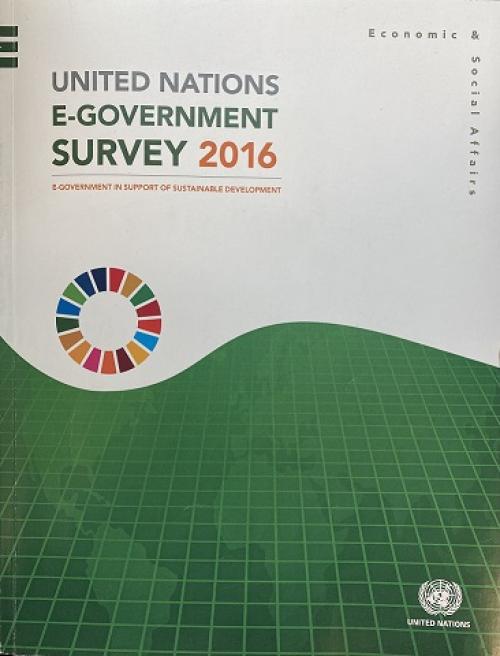
The United Kingdom, followed by Australia and the Republic of Korea, lead the world in providing government services and information through the Internet, e-government, according to a new survey released today by the United Nations showing the progress of nations in promoting e-government.
The 2016 UN E-Government Survey provides new evidence that e-government has the potential to help support the implementation of the 2030 Agenda and its 17 sustainable development goals (SDGs).
The Survey found that United Kingdom has pursued continued development on e-government innovation, and its Government Digital Service has been replicated by other countries around the…
Launching the first-ever Sustainable Development Goals report on the new global development agenda adopted in 2015, Secretary-General Ban Ki-moon said that the 15-year undertaking was “off to a good start” but would require all parts of the UN family and its partners to work together.
“We have embarked on a monumental and historic journey,” the Secretary-General told the UN High-level Political Forum on Sustainable Development (HLPF), which opened on 11 July and ended on 20 July 2016, at the UN Headquarters in New York.
“We must all learn, in national governments, in local authorities, in business and civil society, and also at the United Nations, to think differently,” he…
The first edition of the report of the Inter-agency Task Force on Financing for Development maps out the commitments and action items contained in the Addis Ababa Action Agenda and lays out how the Task Force will monitor their implementation in future years.
The Task Force has carefully gone through the full range of these commitments and action items to create a framework for monitoring. It compiled them into nine chapters — on cross-cutting issues, the seven action areas of the Addis Agenda, and on data. In each chapter, commitments and actions are organized by thematic clusters, for which the Task Force presents options for monitoring.
 Welcome to the United Nations
Welcome to the United Nations